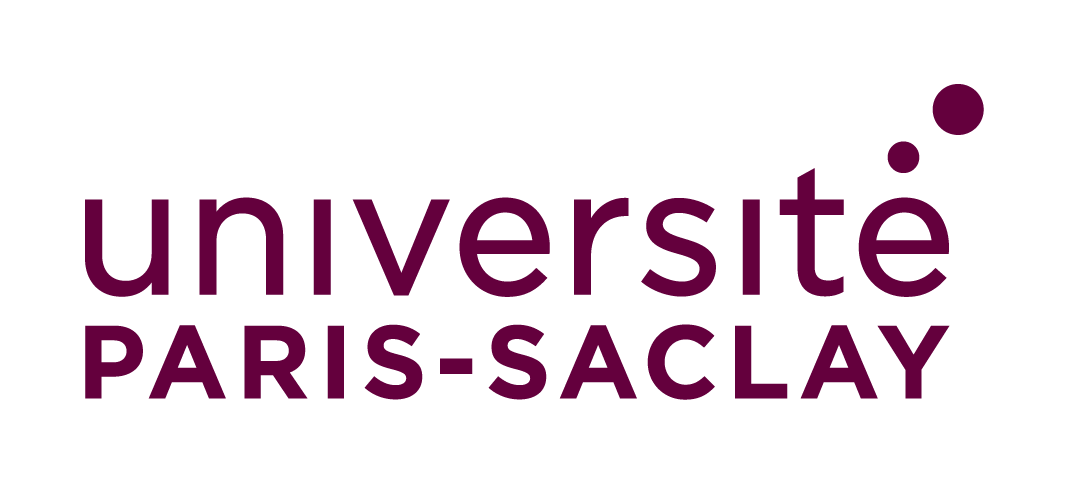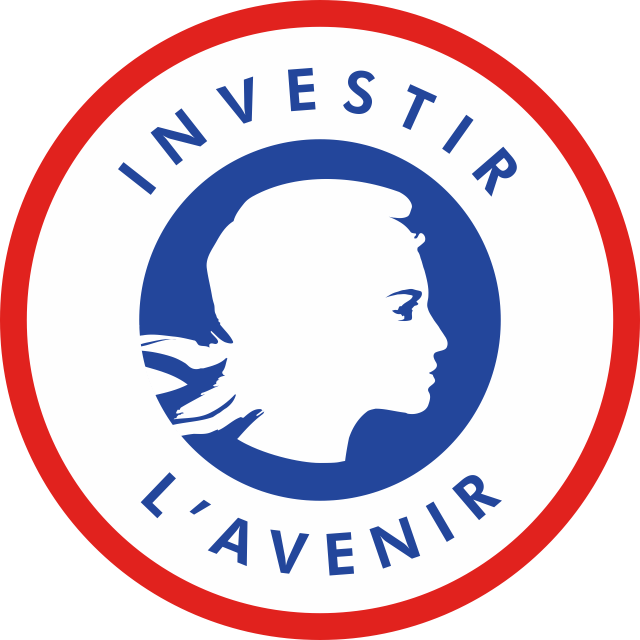CLand Graduate Program
 |
CLand develops an ambitious graduate programme enhancing synergies between academic partners, developing links between research and education and with non-academic partners, and filling the gaps of the existing master and PhD programmes in Ile-de-France. |
The components of this program include the following points:
- Identification or development of research-based International graduate tracks:
- Identification of modules within the existing master pathways or creation of modules, as numerical resources in French and English
- Labeling of the pathways for student following this track (modules from their pathway + a number of additional modules)
- Promotion of double diplomas whenever it is possible and relevant
- Coordination of European Marie Curie ITN programmes
- Linking Research to education:
- Organisation of international workshops / summer schools with PKU, CAAS and IIASA;
- Organisation of individual MSc and doctoral projects with the research projects supported by CLand.
- Mentoring of students by scientific staff and by other students
- Linking Industry to education:
- Involvement of staff from the private sector staff in teaching (seminars) and student mentoring;
- Development of personal research and entrepreneurship projects to students for their MSc thesis, defined with private sector partners and with the Climate KIC education pillar
- Mentoring of students by industrial partners
- Supporting graduate education:
- Offer Msc. mobility grants both to attract students in CLand masters and allow students to make internship in international partners of CLand
- Offer doctoral grants to the best MSc. students, with 3 full grants per year (and up to 6 ½ grants)
- Support the development of joint courses and pathways between Grandes Ecoles and Universities within UPSaclay in order to bridge the gap between the two types of institution.
- Promoting renewed learning methods:
- Developing and supporting e-learning developments
- Promoting active learning methods for students and their professors, such as inverted classroom, problem-based approaches, group project work, and interdisciplinary workshops and thematic schools
In addition to these activities, CLand supports Master students looking for experience by offering several internship grants each year.
Meet the young scientists who have joined the CLand interns team!




